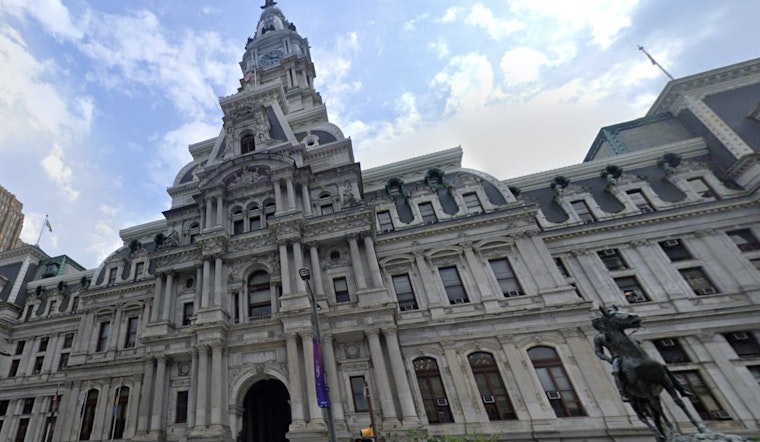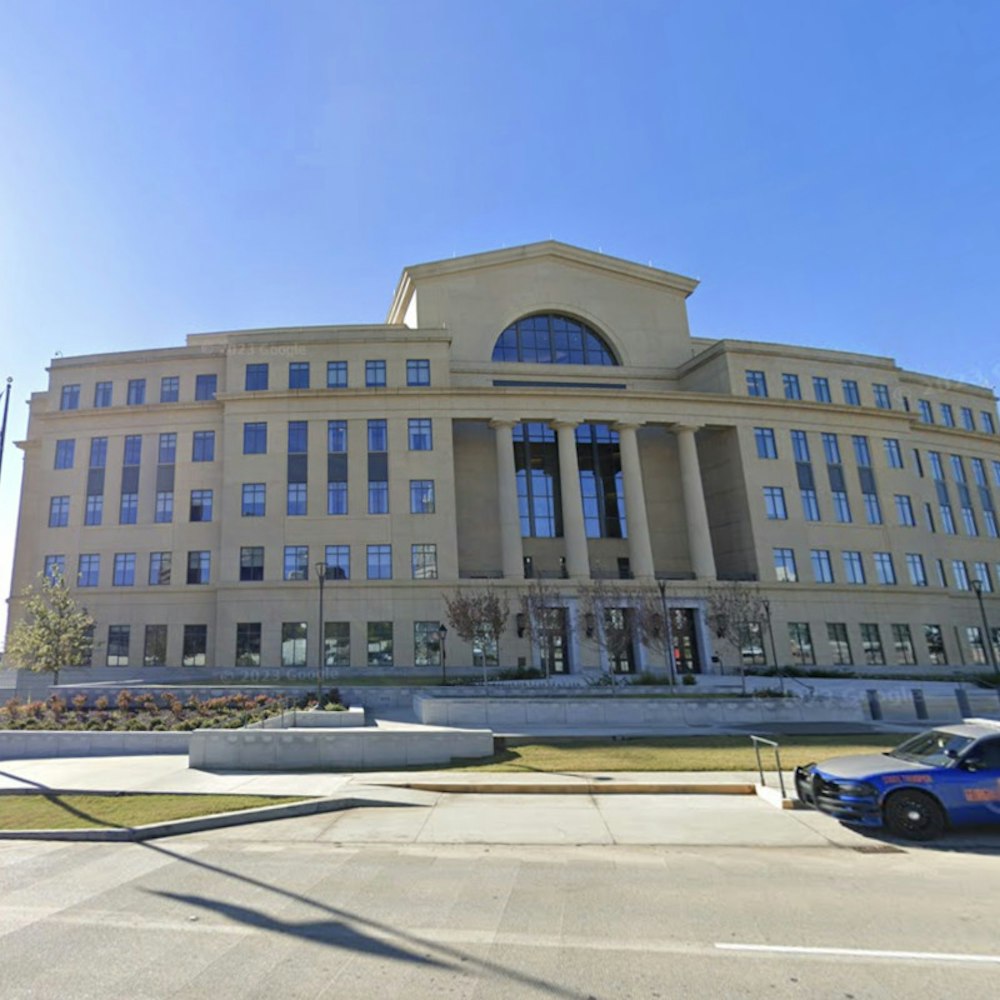
Embattled Philadelphia veteran Jannie Blackwell has been fined by the city's Board of Ethics in a settlement over political activity violations, it was revealed Thursday. Breaking the mold of backroom politics, the Board's decision highlights the ongoing tug-of-war between governance and campaign influence within the corridors of City Hall. Blackwell has faced scrutiny and now financial penalty for offering a soapbox to political candidates and using her position to boost their campaigns while on the city's dime and turf.
The long-serving public servant didn't escape the watchful eye of the Board of Ethics, which enforces the Philadelphia Home Rule Charter, the very document meant to codify the do's and don'ts for city officials Blackwell found her methods of support for candidates for elective office to be at odds with section 10-107(4)(d) of the Charter and Board of Ethics Regulation 8.3; both sets of rules are clear cut when it says city workers can't campaign on the clock or within the sacred walls of City Hall, but that didn't stop Blackwell, who now has agreed to cough up $2,000 in civil penalties after the settlement was confirmed on April 18, 2024.
The financial slap on the wrist may seem like a drop in the bucket for public figures coasting on salaries and perks, but the symbolism carried by the Board's enforcement effort cannot be discounted—the integrity of public office is not for sale, or at least shouldn't be, even as the ever-present specter of politics hovers like a cloud over the municipal operations. The details of the settlement are made public, inviting residents to draw their own conclusions about the machinations at play, all documented on the city's website for those who wish to read the primary source, unfiltered by political spin.
While Ms. Blackwell's monetary mea culpa closes this chapter of political faux pas, the questions it raises linger like the aroma of a not-so-pleasant meal whereas the citizens who look to leaders to uphold the values set forth by their own laws, are left pondering the cost of politics as usual. Will this be a moment of reflection for the political establishment, a nudge towards the kind of transparency and propriety long clamored for by watchdogs and voters alike? Only time—and perhaps the next ethics board meeting—will tell.









